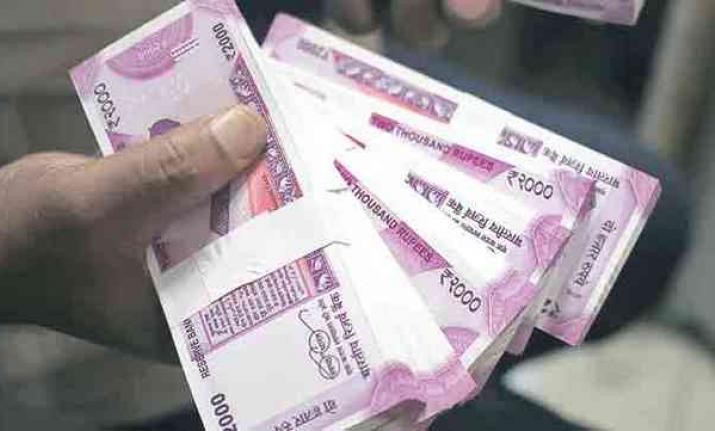
India has got first tranche of swiss bank account details of its nationals under a new automatic information exchange pact, a major milestone in the government's fight against black money stashed abroad.
India is among 75 countries with which Switzerland's Federal Tax Administration (FTA) has exchanged information on financial accounts within the framework of global standards on AEOI, an FTA spokesperson told PTI.
The next exchange would take place in September 2020, the spokesperson added.
This is the first time that India has received details from Swiss authorities under the AEOI framework, which provides for exchange of information on financial accounts, currently active as well as those accounts that were closed during 2018, the year in which the framework agreement became effective.
However, the information exchange is governed by strict confidentiality clauses, and the FTA officials refused to disclose specific details on the number of accounts or about the quantum of financial assets associated with the Indian clients of Swiss banks.
However, the AEOI only relates to accounts that are officially in the name of Indians and they might include those used for business and other genuine purposes.
Overall, the FTA has sent information on around 3.1 million financial accounts to the partner states and received information on around 2.4 million from them.
The exchanged details include identification, account and financial information.
These include name, address, state of residence and tax identification number, as well information concerning the financial institution, account balance and capital income.
Separately, the Swiss government said in a statement that the number of countries with which the AEOI (Automatic Exchange of Information) has taken place this year is 75, out of which there was reciprocity with 63 countries.
ALSO READ: Post Swiss Bank sharing, 100 HNIs shortlisted
In the case of 12 countries, Switzerland received information but did not provide any, either because those countries do not yet meet the international requirements on confidentiality and data security (Belize, Bulgaria, Costa Rica, Curaçao, Montserrat, Romania, Saint Vincent and the Grenadines, Cyprus) or because they chose not to receive data (Bermuda, British Virgin Islands, Cayman Islands, Turks and Caicos Islands).
The data was collected by the FTA from around 7,500 institutions including banks, trusts and insurers.
"The largest exchange was with Germany, as was the case in the previous year. The FTA cannot provide any information on the amount of financial assets," the statement added.
Asked about specific details relating to India, the FTA spokesperson said, "the communication of statistical data is subject to the confidentiality clauses as well."
To another query on the next exchange of information with India, the spokesperson said, "according to the international agreement in place, the exchanges have to take place within nine months after the end of the respective calendar year. This means the exchange takes place in September, except for corrections."
The Swiss government said Switzerland has committed itself to adopting the global standard for the international automatic exchange of information in tax matters.
The legal basis for the implementation of the AEOI in Switzerland first came into force on January 1, 2017.
"The exchanged information allows the cantonal tax authorities to verify whether taxpayers have correctly declared their financial accounts abroad in their tax returns," the FTA said.
It said the exchange will take place with around 90 countries next year.
The first such exchange took place at the end of September 2018 with 36 countries.
The Global Forum of the Organisation for Economic Cooperation and Development reviews the AEOI implementation.
According to experts, the data received by India can be quite useful for establishing a strong prosecution case against those who have any unaccounted wealth, as it provides entire details of deposits and transfers as well as of all earnings, including through investments in securities and other assets.
On condition of anonymity, several officials said the details relate mostly to businessmen, including non-resident Indians now settled in several South-East Asian countries as well as in the US, the UK and even some African and South American countries.
Besides, there are at least 100 cases of older accounts held by Indians that might have been closed before 2018, for which Switzerland is in the process of sharing details with India under an earlier framework of mutual administrative assistance as Indian authorities had provided prima facie evidence of tax-related wrongdoing by those account holders.
These relate to people engaged in businesses like auto components, chemicals, textiles, real estate, diamond and jewellery and steel products.
A Swiss delegation was in India in August before the first set of details could get shared and the two sides also discussed possible steps to expedite execution of tax information-sharing requests made by India in specific cases.
It is feared many Indians might have closed their accounts after a global crackdown on black money led to Switzerland buckling under international pressure to open its banking sector for scrutiny to clear the long-held perception of Swiss banks being safe haven for undisclosed funds.
Switzerland agreed to AEOI with India after a long process, including review of necessary legal framework in India on data protection and confidentiality.


.jpeg)

